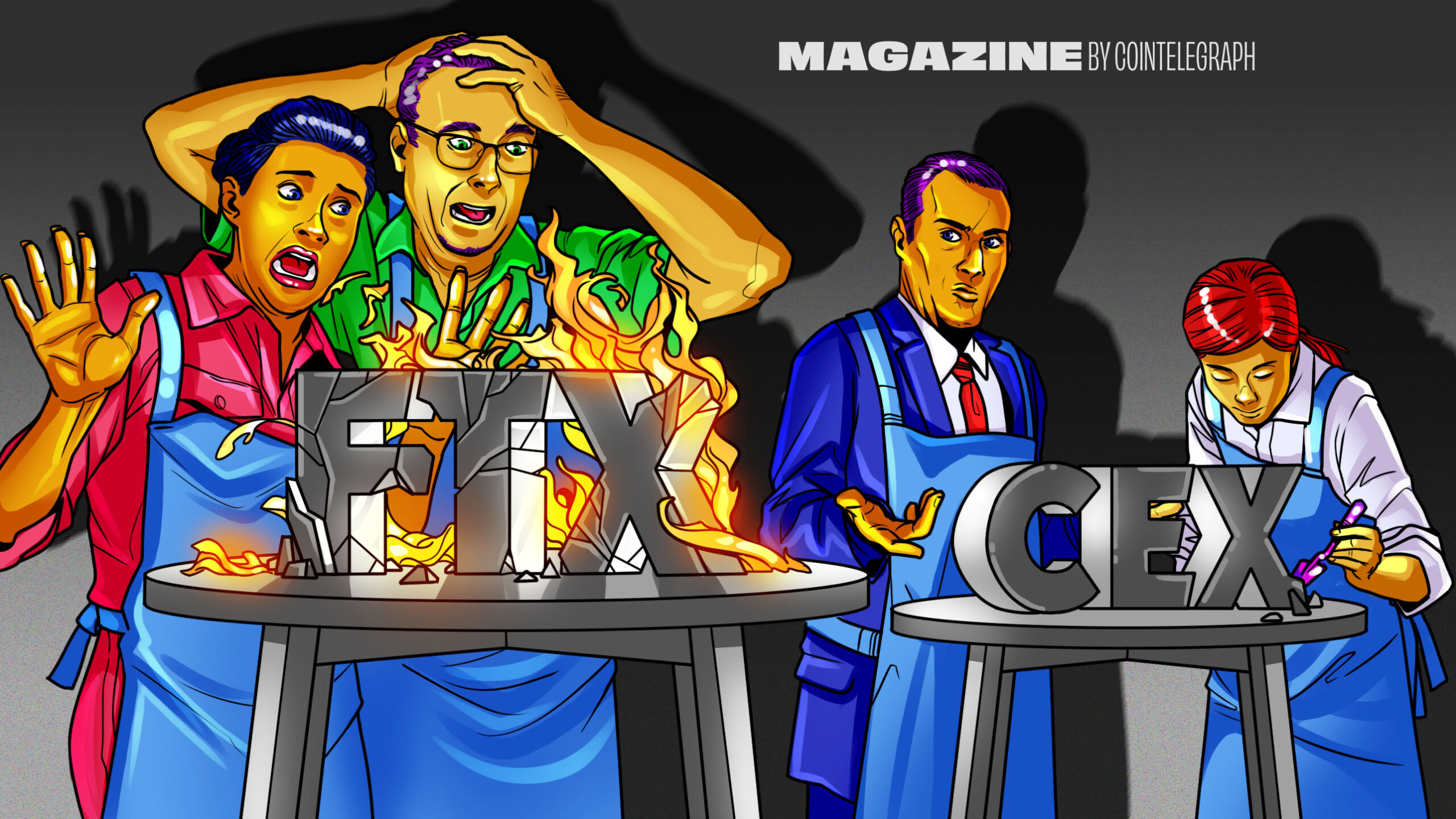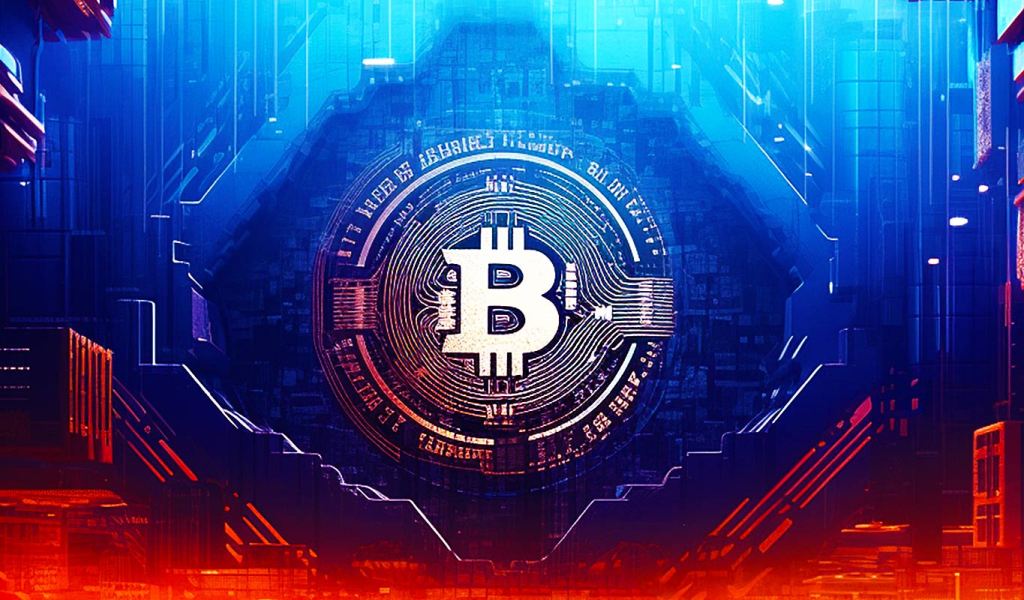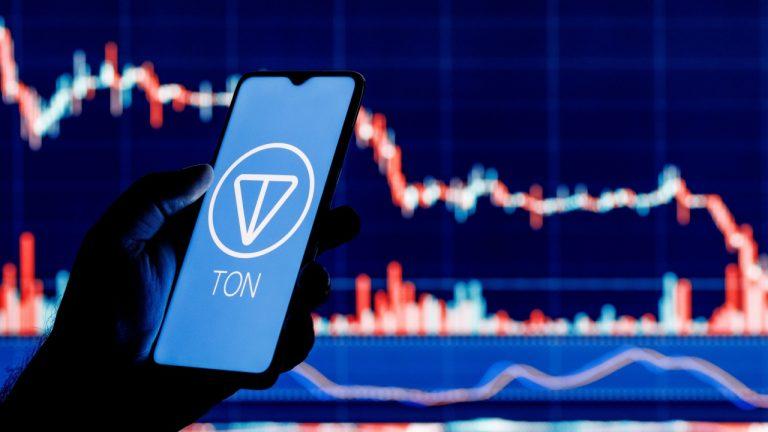
Can you trust crypto exchanges after the collapse of FTX?

On Oct. 25, 2022 — about two weeks before the collapse of the world’s third-largest cryptocurrency exchange, FTX — prominent DeFi architect Andre Cronje published a foreboding article with a chilling warning on the state of centralized cryptocurrency exchanges: “Remedies under the current regulatory regime are ineffective. Most investors sign away their rights to their […]
On Oct. 25, 2022 about two weeks before the collapse of the worlds third-largest cryptocurrency exchange, FTX prominent DeFi architect Andre Cronje published a foreboding article with a chilling warning on the state of centralized cryptocurrency exchanges:
Remedies under the current regulatory regime are ineffective. Most investors sign away their rights to their crypto in voluminous terms and conditions of crypto-exchanges and many will (at best) rank as unsecured creditors should these exchange services be liquidated. Crypto exchange and crypto investment service providers are essentially operating as banks, but without the safeguards and regulation which banks are required to follow.
What happened afterward is history. With the abrupt downfall of FTX, customers suddenly discovered that despite all previous guarantees, their assets had been locked as the defunct exchange filed for bankruptcy amid an $8 billion shortfall the consequence of senior executives siphoning customer assets to trade in related hedge fund Alameda Research. Even though the new management claims they have recovered some customer assets, clients funds still remain frozen in bankruptcy proceedings, with no end in sight and heavy legal fees to follow.
In the aftermath, the crypto community has raised serious concerns regarding the state of CEXs. Demands such as proof of assets and liabilities, segregation of customer funds, and voluntary registration as broker-dealers have echoed in the industry. That said, havent CEXs come this far by making an effort to legitimize their operations? Heres why the issue is more complicated than meets the eye.
Why not just get regulated?
Jack Graves, a teaching professor at Syracuse University, tells Magazine, To my knowledge, there is nobody acting as an exchange of cryptocurrencies and digital assets in the U.S. that is registered with the SEC. Instead, they simply stated that they dont trade securities. And thats a critical difference.
Graves explains that while exchanges such as Coinbase are licensed money transmitters, they are not broker-dealers. As soon as you talk about broker-dealers of securities, that triggers a bunch of disclosure and custody requirements, Graves states. I happen to use Fidelity as my brokerage company, and if Fidelity goes bankrupt, Im not an unsecured creditor in bankruptcy. So, I have a claim to my assets before all the unsecured creditors.”
At least in the U.S., crypto exchanges cannot become broker-dealers because the digital assets they facilitate are not classified as securities by the SEC. Yet, there is also ample confusion on the matter.
Gary Gensler has essentially said that everything except Bitcoin and maybe Ether is probably a security, Graves says. So, the exchanges are taking the view that until the SEC says its a security, they are going to trade it. And as soon as the SEC says crypto assets are securities, they are going to quit.
Other stakeholders, such as former Kraken CEO Jesse Powell, disagree. For Powell, a proof of reserves featuring Merkle tree verification is hand wavey bullshit and cannot be used in lieu of a full traditional account. The statement of assets is pointless without liabilities, he tweeted in November 2022.
Graves also noted the difficulty of finding auditors to work in the first place. The problem right now, as I understand it, is the auditors dont know how to audit, he says.

They have no idea how to deal with this stuff. You can audit how many assets a crypto exchange has on-chain, but how much of it is pledged as collateral? Thats a lot harder to figure out unless you have access to their financial services, books, and records. […] We saw this with FTX. Yeah, FTX has some money, but a whole lot of it was transferred to Alameda, and Alameda is investing in leveraged swaps. And so just looking at assets on-chain, you can verify that, but it really tells you nothing in terms of liabilities and leverage.
Currently, Coinbase is one of the few crypto exchanges to have an auditor Deloitte though much of it can be attributed to the fact that its a publicly traded company. Previously, South African auditor Mazars claimed that Binance users Bitcoin was fully collateralized on the platform but then removed its proof-of-reserve verification for Binance, along with other crypto exchanges, from its website approximately one week later. Binance says it has reached out to multiple large auditing firms, but they are currently unwilling to conduct a PoR for a private crypto company.
Can we still trust CEXs?
While crypto users have largely agreed on the need for CEXs to become regulated in the aftermath of FTXs collapse, it may not be currently possible due to the lack of regulatory pathways. Coinsquares Prokopy certainly illustrated the trust brought to CEXs when there is a clear pathway forward. However, both Lai and Graves raised the issue of chaotic regulatory frameworks in the U.S., Singapore and other parts of the world, making obtaining a broker-dealer license impossible.
That said, regulators have been ramping up efforts in this new field. In a White House briefing on Jan. 27, lawmakers stated that they were working on safeguards to supplement the development of new digital asset technologies and unveil priorities for blockchain research. For now, CEXs face an uphill battle to demonstrate legitimacy to their users. But as Graves puts it, some essential corporate safeguards remain in place aside from the contractual obligation to customers.
I dont think the current structure with offshore exchanges is an issue. If exchanges like Binance.US and Binance International dont keep them independent, the U.S. regulators will go after Binance International and say we have jurisdiction because youre acting through the U.S. entity. If they were commingling funds, local creditors could also go after Binance International to pay off all those debts.
Go to Source
Author: Zhiyuan Sun









